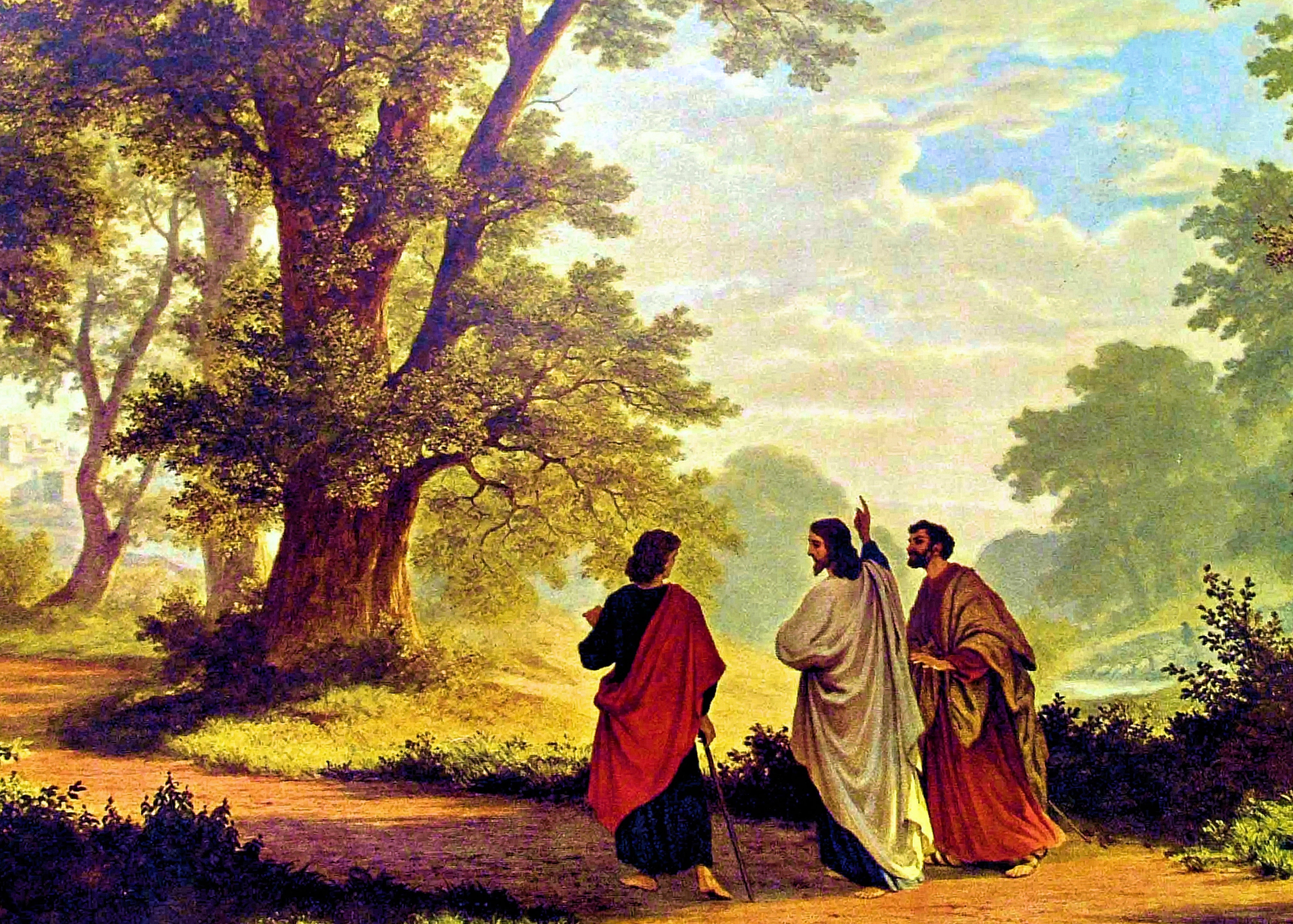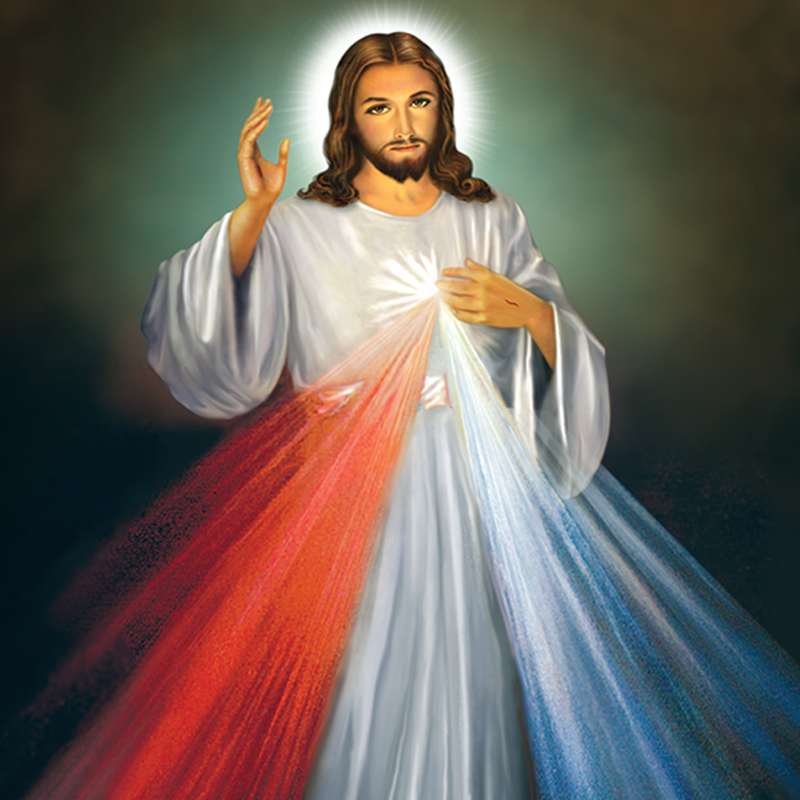On the Fifth Sunday of Easter Our Lord reminds that that we are called to continue his work, and to achieve even greater things than he accomplished during his earthly ministry. He built his Church with growth in mind, generation after generation, founded on him and the Apostles.
In today’s First Reading the Twelve are faced with more work than they can handle, and people are starting to complain. The Twelve cannot take care of everyone. This is no surprise. Our Lord didn’t just appoint one person to carry on his work; he appointed Twelve, and, soon after, the Twelve needed helpers, and other apostles, like Paul and Barnabas, to continue the work in the face of the Church’s explosive growth. The Twelve asked for candidates, but they were also clear that those who would help them in the ministry needed to be “filled with the Spirit and wisdom.” These men would become known as the Seven, and, according to tradition, may have been the first deacons in the Church. The Church’s mission is not just for the clergy. Everyone is called to help according to their possibilities and state of life. As needs increase, each member of the Church must be dedicated to doing his or her part: bishops shepherding their dioceses, helped by priests and deacons; consecrated persons contributing according to their charism; and laity, ordering the world’s affairs in accordance with the Gospel and helping the Church in matters where they may have more expertise. The Holy Spirit kept the apostles faithful to the work Christ wanted them to do, and the Spirit continues to do so for all of us.
In today’s Second Reading St. Peter reminds us that through Baptism we have been incorporated into the Church, and are now living stones in an edifice constructed with a spiritual and priestly purpose. Our Lord described himself to the Pharisees and scribes as the stone rejected by the builders that would become the corner stone (see Matthew 21:42). They had rejected him, but the Father build the Church on him, and he made the Apostles the foundation for his Church. The Lord continues to build the Church through us, on the solid foundations of those living stones who have preceded us and our own efforts at holiness. A living stone is not just edified, but edifying. We are inserted into this spiritual and social structure and helped to support it and to remain solid. If our works are edifying it will attract even those who don’t know Our Lord to see where that special something we have comes from and to seek it out as well.
In today’s Gospel Our Lord, at the Last Supper, prepares his disciples for the moment when he’ll be separated from them on earth and they’ll be expected to carry on his mission. He reminds them that they have a place waiting for them in Heaven, just as they have a place in his Church. He tells them today that they know where he is going. They know the way to the Father’s House too and don’t need him to show them. When the moment was right Our Lord returned and led every one of them to the Father’s House, just as he will lead us one day. In the meanwhile, we have to stay the course he has taught us, and, if we get turned around, ask for directions to get back on track. Helping people get back on track to the Father’s House is what we’re all called to do as Christians, but to do that we must know how to get to the Father’s House.
Christ describes himself as the “way”: we show others the way to the degree that we imitate him. Our Lord became flesh and put some believers on the right track, and those believers have helped him guide us ever since. He sent apostles to the four corners of the world, and they still carry out their mission through us. This is the work he said would be even greater than his own ministry on earth. It spread to the entire Roman empire, then beyond its borders to the whole world. We’re called to continue these “greater works” that he encouraged his first disciples to do. The key is having faith in him.
In today’s Gospel Our Lord describes Heaven not just as his home, but as a place for us to call home as well. Thinking of home evokes so many warm sentiments–rest, security, peace–and it also invokes the memory of the people there waiting to be with us. Many people today live a difficult situation at home, if they have a home at all, but they all dream of that peaceful place where they can be together with their loved ones. A simple family dinner, where everyone sets aside work, school, etc., to spend time together becomes a glimpse of Heaven as each enjoys the company and there are no worries to dampen the evening.
Our Lord has prepared a place for each of us with Our Father in Heaven. How often do we dream of that? How often do we dream of the day in which life’s journey, with all the fatigue and trial, will be over and we’ll finally and permanently be home with the ones we love? How often do we see the need to remind others of our true home as well so that one day we’ll all be there together?
Let’s ask Our Lord today to help us always keep our true home in mind. If we know he’s shown us the way, no burden or obstacle of this life will rob us of our hope in getting there.
Readings: Acts 6:1–7; Psalm 33:1–2, 4–5, 18–19; 1 Peter 2:4–9; John 14:1–12.





